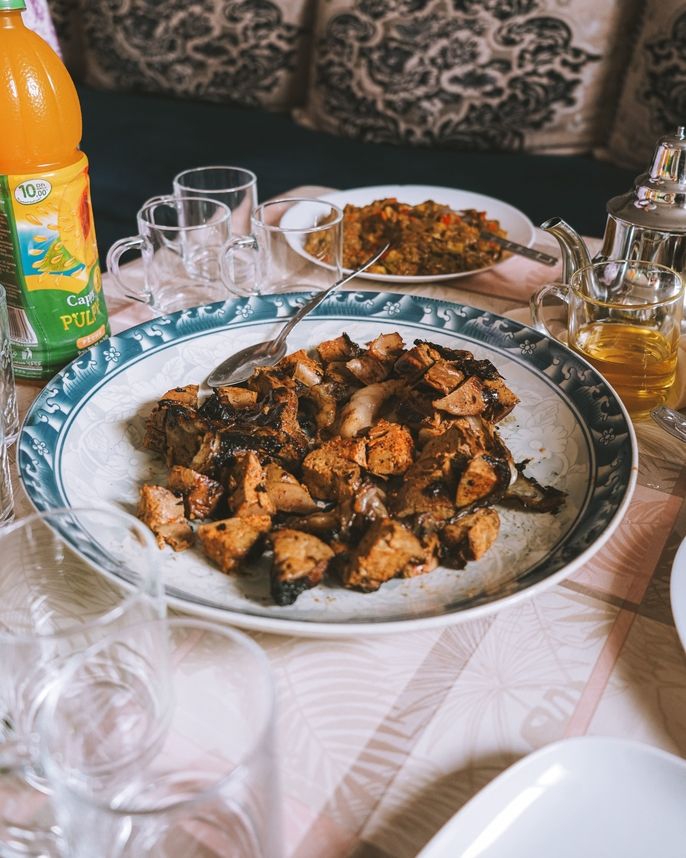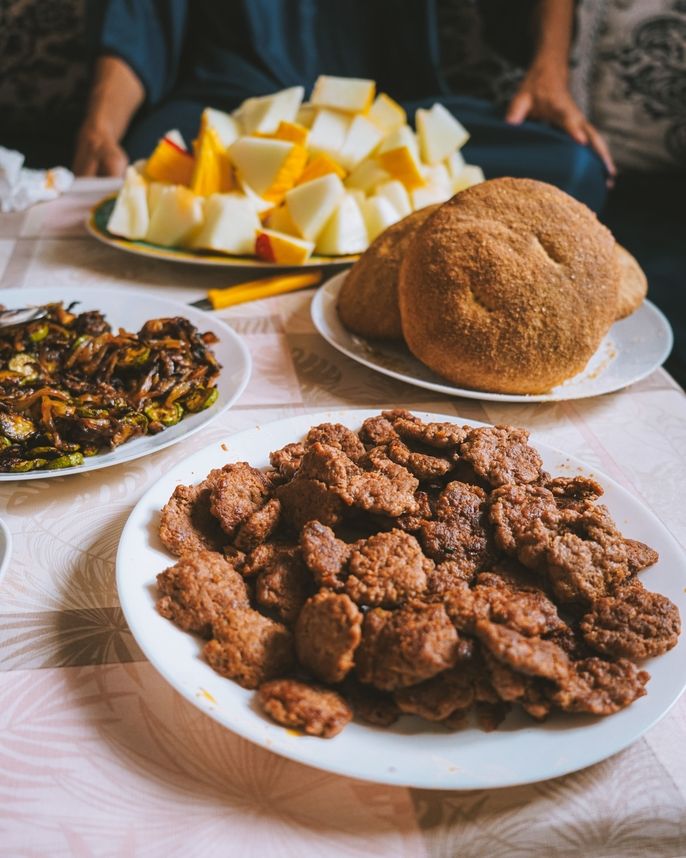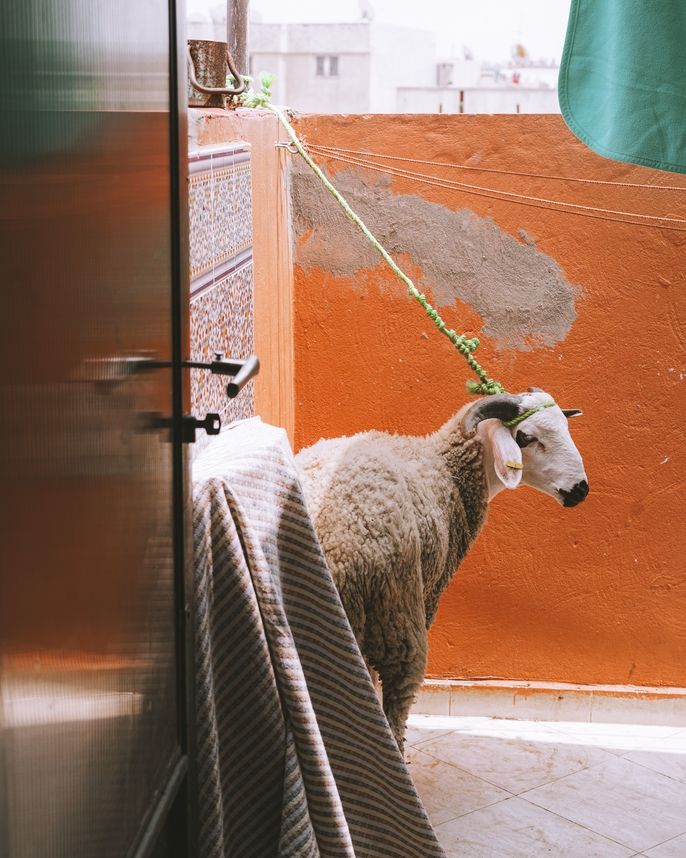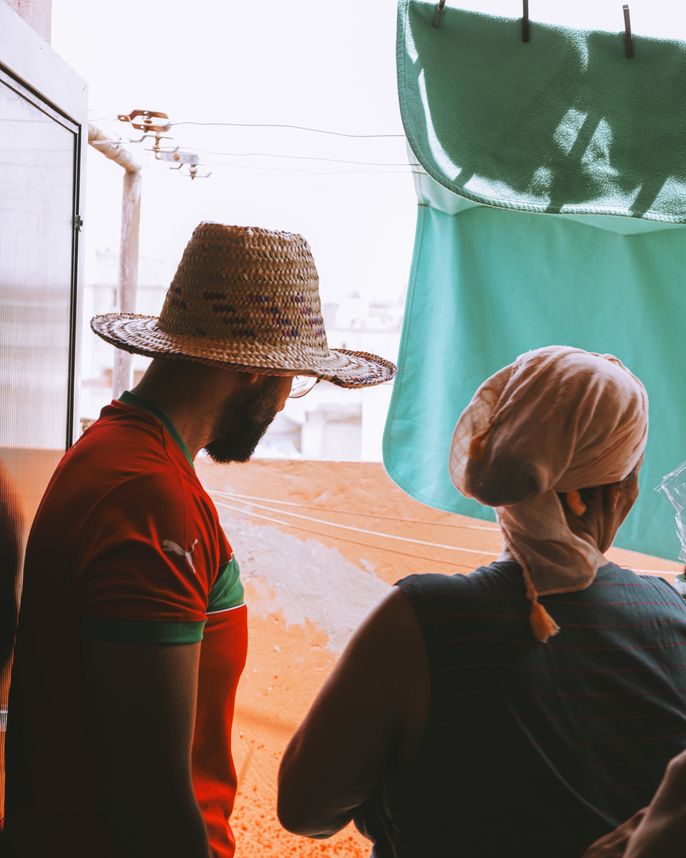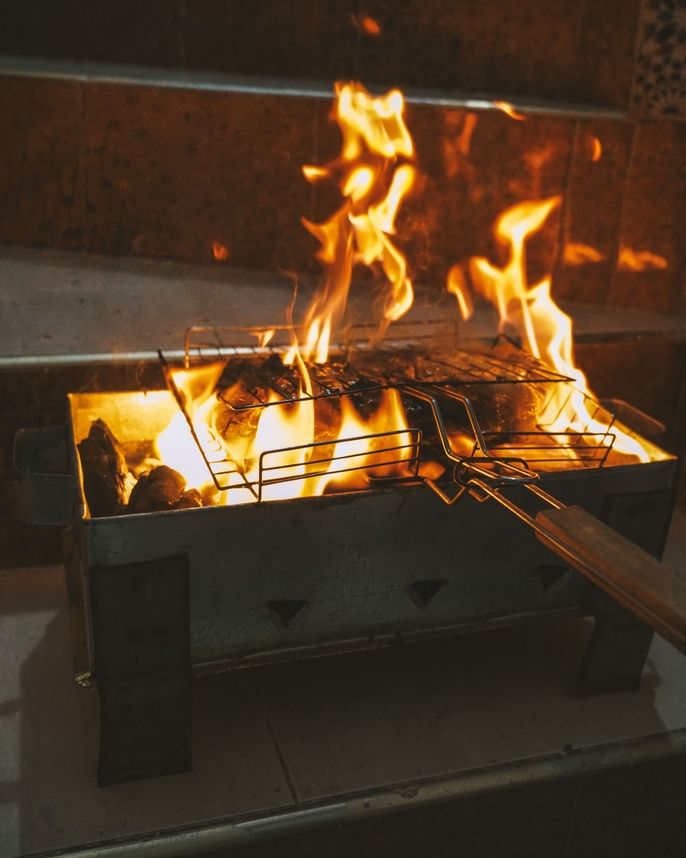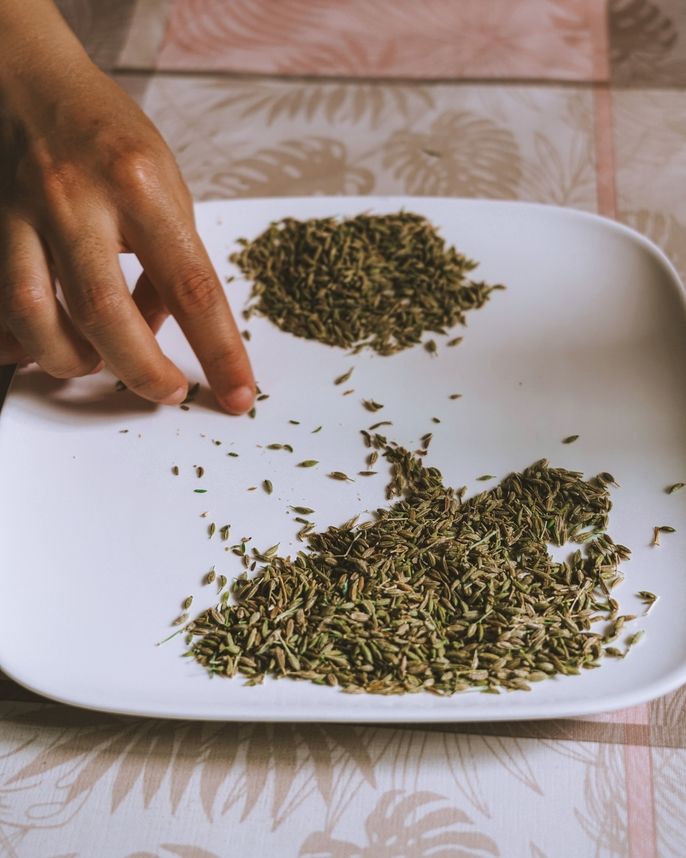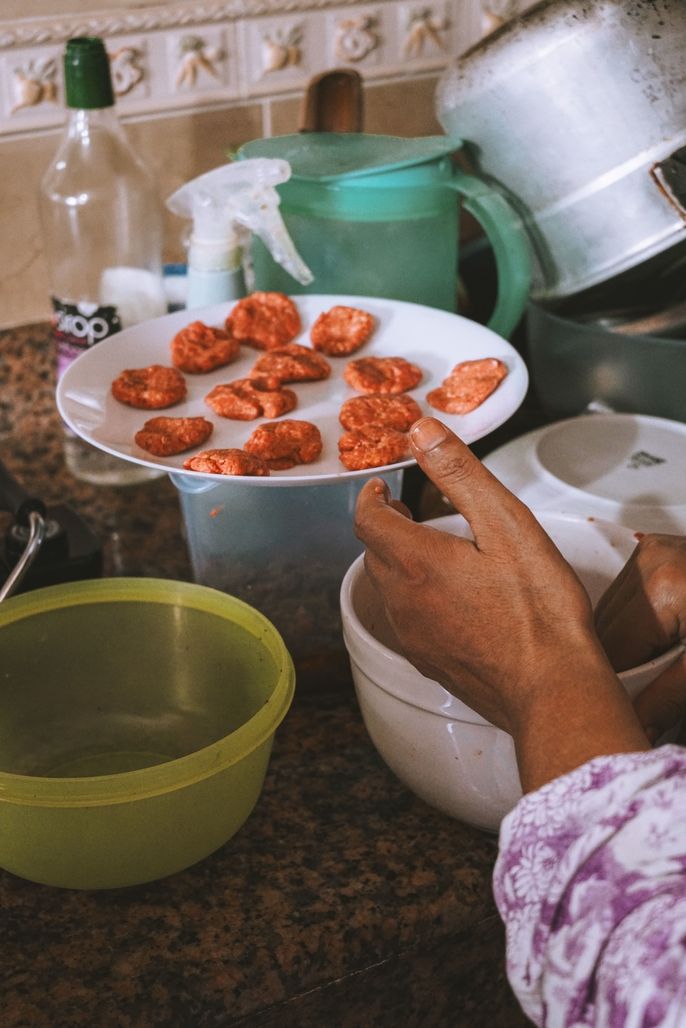Personal Reflections on Eid Al-Adha
Eid Al-Adha (“Feast of the Sacrifice”) is the second and most important of the two main holidays in Islam. The first Eid takes place two months before the second and celebrates the end of Ramadan. This is known as Eid Al-Fitr. The Feast of the Sacrifice, on the other hand, honors Abraham’s obedience and commitment to God when he was asked to sacrifice his son (a story that is exists in Muslim, Christian, and Jewish traditions). In turn, God replaces the son with a sheep in the final moment before he is slaughtered. To commemorate this event, Muslims across the world sacrifice a sheep on this day.
In Mohammedia, students spent Eid at home with their host families. I was privileged enough to be invited to one of their homes for the occasion to witness both the beauty and the unpleasantness of the sacrifice. Great measures are taken to ensure the killing is as humane as possible. For instance, the animal should be killed in the morning, it must be healthy, shouldn’t see the knife which is to be used or any other animal slaughtered. (At one point, while the son-in-law was sharpening the knife - which can’t be dull or blemished - I was tasked with shielding the weapon from the sheep’s view). When it finally happened on the apartment building’s roof, a prayer was recited, it was quick but bloody, and I held the host sister’s hand. Then I watched as the entire family - men & women - worked together to skin it, hang it, and disembowel it. Every organ is to be used and it can take weeks or months for a family to consume it all. One third of the animal is kept for the family, one third for the community, and one third for those in need. In Morocco, it is custom to eat the liver first so I helped prepare it & after everyone showered, we enjoyed a meal together.
As a meat-eater who has never hunted before and is generally uncomfortable in a butcher shop (but also has no desire to give it up), I thought it was important to be present at the slaughter and to watch the entire process from start to finish. My hope is that I can approach meat-eating with more gratitude in the future rather than living in ignorance of the physical, mental, and spiritual toll killing another living being for sustenance can cause.
Related Posts
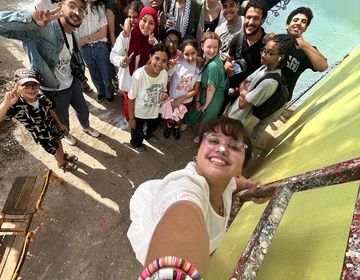
Student Spotlight - Sarah Mathew, Memories in Morocco
Throughout these past 3 weeks, I have immersed myself in the rich culture and diversity of Morocco. This program has given me a sense of community and has helped me... keep reading

Lessons from Ait Bouhaddou
Our students have truly embraced the idea that " everything is a learning experience." Last weekend, we traveled south of Morocco to one of its imperial cities: Marrakesh, the red... keep reading
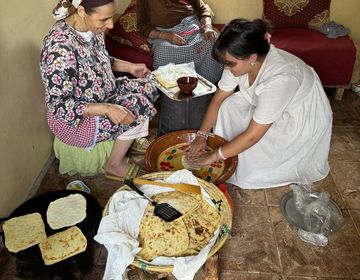
Taking Our Leadership to Marrakech
Early Saturday morning we boarded the bus to take our weekend excursion to Marrakech. The 3 hour bus ride itself was full of energy as we played “Werewolf” for half... keep reading
